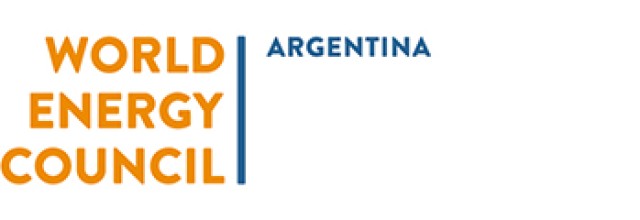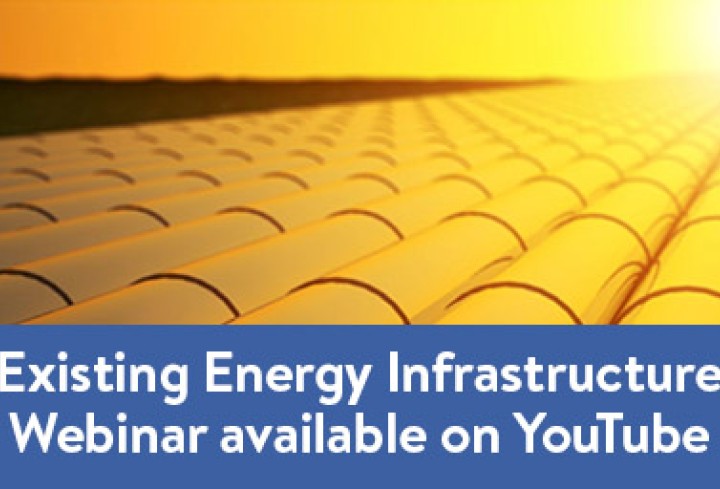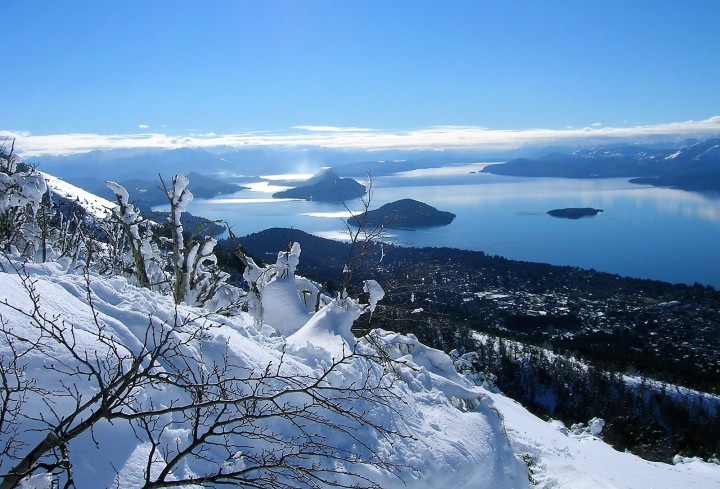Argentina has been a member of World Energy Council since its creation in 1923, when it was part of the Argentine Engineers’ Center. In 1991 it became an independent NGO with its own legal standing. CACME’s mission is “to promote and support the World Energy Council's efforts, aimed to enhance a sustainable supply and use of energy for the greatest benefit of all people”. CACME aims to collaborate in the process of transforming the national energy sector, through the communication of global trends and the dissemination of the work and reports of the World Energy Council. CACME was chosen to organise the first World Energy Congress in Latin America in 2001.
Graciela has a bachelor’s degree in Geography from the National University of Buenos Aires. She completed her education and specialization in energy issues with postgraduate courses in Argentina, Spain (UNESA), France (Electricite de France) and Canada (Quebec Ministry of Production).
Beyond her energy background, she has also completed studies related with environmental topics: Master in Environmental Management, Clean Development Mechanisms and Climate Change Courses.
She has specialized in electric systems planning, starting her career in the former state-owned company, Agua y Energía Eléctrica.
During her years in the state owned energy company in Neuquén province, EPEN, she was Executive Manager in charge of planning and CEO of the company , being responsible for the planning and execution for development of power generation, transport and distribution in the province. She has also been responsible for the Educational Program for the Efficient Use of Energy and Development of new sources, materializing brand new non renewable energy projects as micro-hydroelectric power plants and solar energy supply programs for isolated areas.
Energy in Argentina
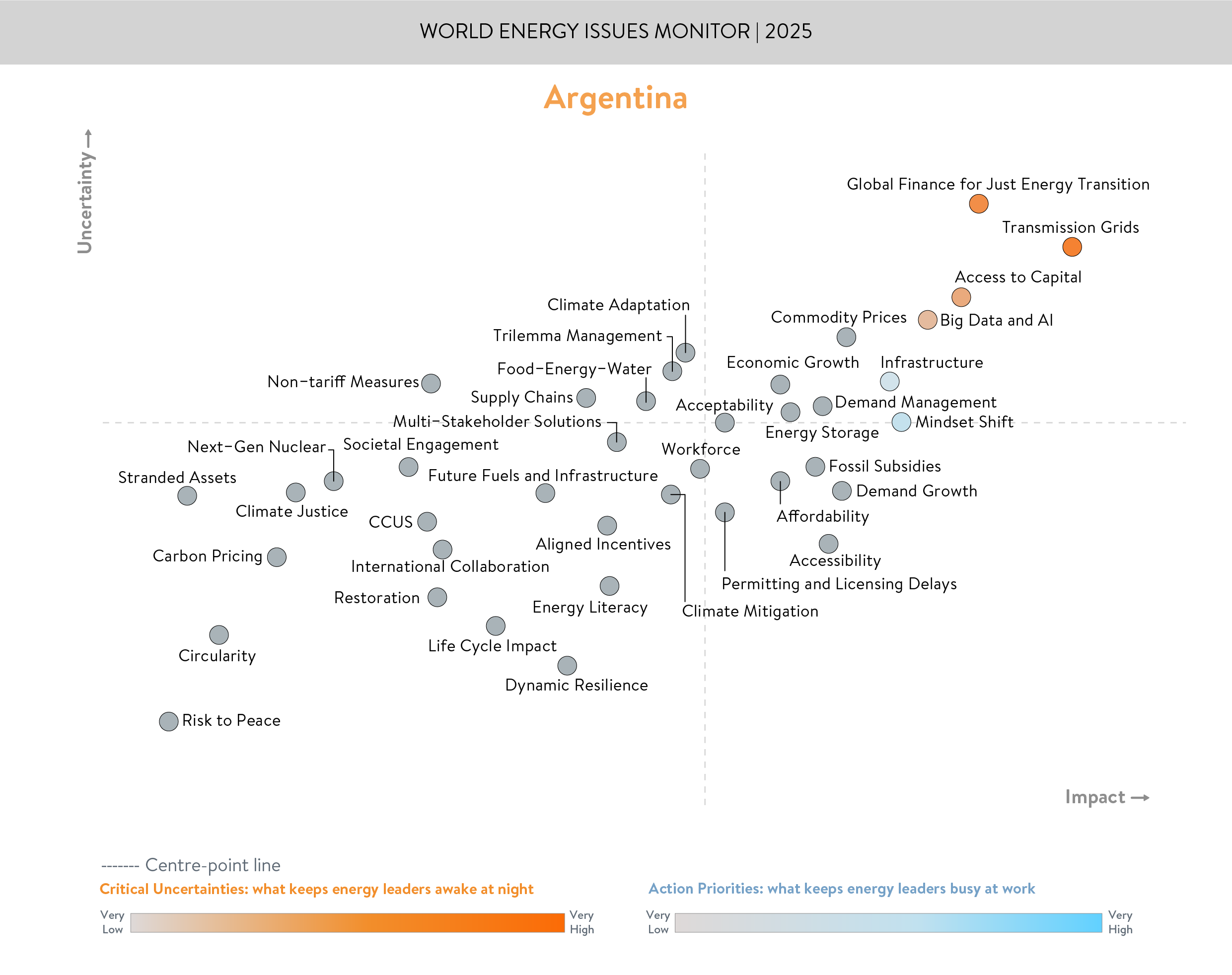
ENERGY ISSUES IN MOTION
Among the Critical Uncertainties identified by energy leaders in Argentina, Transmission Grids and Global Finance for Just Energy Transition are the top ones. While Argentina has high levels of energy access compared to other countries in the region, its transmission infrastructure remains outdated, struggling to keep pace with growing demand. This challenge is expected to intensify as electrification expands across industries and services, requiring a more resilient and modern grid. Additionally, the impacts of climate change and extreme weather events are already testing the energy system’s reliability, further emphasizing the urgency of strengthening and expanding the grid to reduce congestion and mitigate the risk of disruptions.
Energy infrastructure remains a major concern, as highlighted in the 2024 Argentina Energy Issues Monitor Commentary, with some progress made in natural gas infrastructure, notably with the completion of the Gasoducto Perito Francisco Pascasio Moreno and associated pipelines. However, transmission grid upgrades remain pending, which is why Infrastructure is a top action priority in the 2025 Issues Monitor.
Securing Global Finance for Argentina’s just energy transition remains another key uncertainty, given the high capital costs of renewable energy projects and the country’s complex economic, political, and regulatory environment, which restricts access to international financing. It remains unclear which global institutions or foreign partners will step in to support Argentina’s transition efforts.
A mindset shift has been identified as Argentina’s primary action priority. The country is capitalizing on its natural gas export potential and energy security benefits from Vaca Muerta’s continued development. However, for this to contribute meaningfully to the energy transition, it must be integrated into a long-term strategy that balances affordability, security, and clean energy goals.
Compared to previous years, there has been a policy shift in energy subsidies and infrastructure development, with a stronger reliance on market dynamics and private investment. However, the effectiveness of this approach in accelerating Argentina’s energy transition remains uncertain, underscoring the need for a coordinated and forward-looking strategy.
FROM BLIND POINTS TO BRIGHT SPOTS
Argentina is striving to establish a regulatory framework that encourages large-scale investments, essential for transitioning to a more sustainable energy system. However, the timeline for these investments remains uncertain, and no clear strategy has been outlined to attract financing for critical technologies such as renewables, hydrogen, and energy storage.
At the same time, while the reduction of energy subsidies is a positive step toward stabilizing the country’s economic and financial landscape, it also poses challenges for energy affordability, particularly for low income communities. Balancing fiscal responsibility with ensuring equitable access to energy remains a pressing concern.
ADDRESSING CRITICAL UNCERTAINTIES TO BALANCE THE WORLD ENERGY TRILEMMA
All dimensions of the World Energy Trilemma are impacted by the main uncertainties and action priorities identified:
• Energy Security: Transmission grids, commodity prices, Big Data and AI, infrastructure and demand management.
• Energy Equity: Affordability and accessibility, as well as fossil subsidies.
• Environmental Sustainability: Global finance for just energy transition, access to capital, energy storage.
Acknowledgements
Argentina Member Committee
Downloads
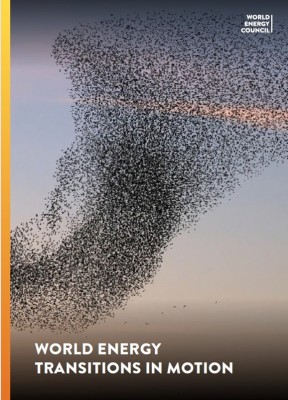
Argentina Energy Issues Monitor 2025 Country Commentary
Download PDF
World Energy Issues Monitor 2025
Download PDF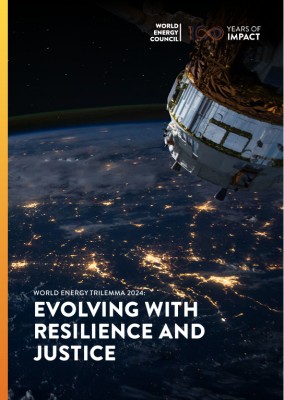
Argentina World Energy Trilemma Country Profile 2024
Download PDF


